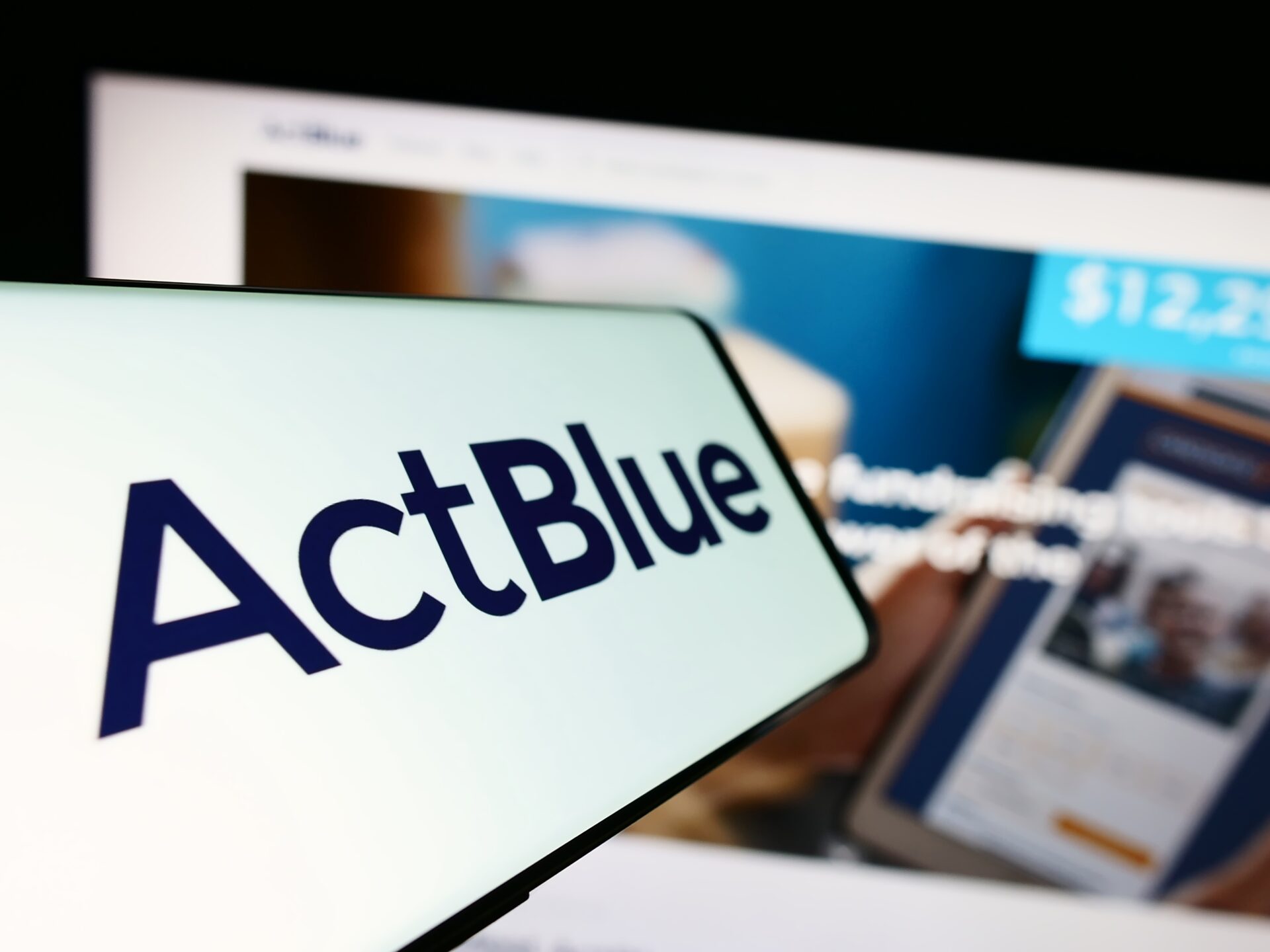
Grassroots Fundraising UNDER ATTACK By Fat Cats?
Regina Wallace-Jones, CEO of ActBlue, faces a congressional subpoena amid fundraising scrutiny that could reshape political campaign financing rules.
At a Glance
• Regina Wallace-Jones was subpoenaed by congressional committees investigating fundraising practices.
• ActBlue is central to Democratic digital fundraising, raising Republican concerns over transparency.
• The subpoena marks an intensification of political and legal battles over campaign finance.
• Wallace-Jones leads ActBlue since early 2023, with a background in tech and public service.
• The investigation’s outcome may set new political fundraising transparency standards.
The Rise and Scrutiny of ActBlue
ActBlue has revolutionized political fundraising since its founding as a nonprofit platform designed to empower small-dollar donors and grassroots campaigns. Over the years, it has become the backbone of progressive and Democratic fundraising efforts, channeling billions in contributions through its digital infrastructure. However, this rise to dominance has attracted intense Republican scrutiny, who accuse the organization of opaque practices and possible fundraising irregularities.
Regina Wallace-Jones took over as CEO in early 2023, bringing with her a robust resume that includes leadership roles at major tech companies like Yahoo!, eBay, and Facebook, as well as experience in public service as mayor of East Palo Alto. Her tenure now faces its most significant challenge yet with the congressional subpoena demanding detailed information on ActBlue’s fundraising operations.
Watch a report: ActBlue CEO Subpoenaed Amid Fundraising Probe
This subpoena is part of a larger, increasingly fierce political struggle over campaign finance. Republican committees are pushing hard to uncover what they claim are hidden advantages enjoyed by ActBlue, viewing the platform as an unfair player in the 2024 and 2025 election cycles. Conversely, Democratic officials and supporters defend ActBlue as an essential tool for grassroots democracy and fair fundraising access.
The Political Chess Game
The subpoena against Wallace-Jones is emblematic of a broader conflict where political fundraising platforms become battlegrounds for partisan power plays. As digital fundraising transforms campaign strategies, regulatory oversight is tightening, with lawmakers wielding subpoena powers as political weapons. The investigation targets ActBlue’s financial transparency, aiming to expose possible violations or abuses that could undermine democratic fairness.
Wallace-Jones has publicly criticized the subpoena as a politically motivated attack designed to weaken grassroots fundraising momentum. She affirms ActBlue’s commitment to transparency and ethical practices but acknowledges the complexity the investigation brings. Her leadership is now critical to navigating this challenge, with ActBlue’s legal teams preparing responses and compliance documentation ahead of the looming deadlines.
This case reflects how fundraising platforms like ActBlue have become strategic assets and vulnerabilities in electoral politics, raising questions about the balance between innovation, influence, and regulation.
Wallace-Jones’ Response and Future Stakes
In the face of mounting pressure, Regina Wallace-Jones has portrayed the investigation as a direct assault on grassroots political power, emphasizing that ActBlue’s model remains transparent and accountable. The organization has committed to cooperating with authorities while preparing to defend its practices vigorously.
The subpoena sets a timeline for responses, with the possibility of public hearings and further legal action in the months ahead. The consequences extend beyond ActBlue, signaling a potential shift in how political fundraising platforms operate under increased scrutiny and regulatory oversight. Other digital fundraising entities may face similar probes, triggering industry-wide calls for greater compliance and transparency.
The stakes are high: this investigation could reshape the rules of political fundraising, influencing how campaigns raise and disclose money in an era increasingly defined by digital donations. Donor confidence, organizational reputation, and operational stability at ActBlue could be tested, while lawmakers may push for new legislation to tighten fundraising controls across the board.
The unfolding drama marks a pivotal moment at the intersection of technology, politics, and law, with the outcome likely to reverberate throughout the 2024 election cycle and beyond.